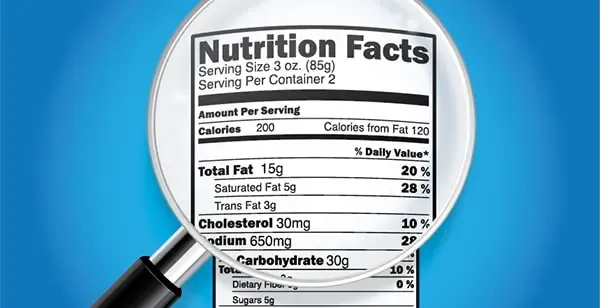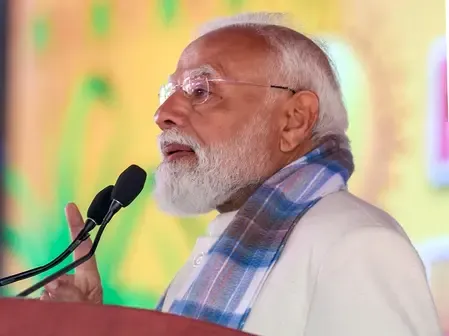Health Professionals Applaud Supreme Court's Decision on Nutritional Labels for Packaged Foods

Synopsis
Key Takeaways
- Mandatory nutritional labels on packaged foods are now required.
- A three-month deadline has been set for the Centre to implement regulations.
- Labels must use bold and larger text for critical information.
- Guidelines will extend to roadside eateries and snacks.
- Health experts highlight the link between dietary habits and NCDs.
New Delhi, April 11 (NationPress) Health professionals expressed their approval on Friday regarding the Supreme Court's ruling mandating nutritional labels on packaged foods to be compulsory.
A bench led by Justice J.B. Pardiwala and Justice R. Mahadevan emphasized the need for clear nutritional information on packaged foods, setting a three-month deadline for the Centre to finalize and implement updated food labeling regulations.
Dr. Rajeev Jayadevan, Convener of the Research Cell at Kerala State IMA, remarked, "Historically, families prepared their own meals, controlling their ingredients. Today, a large portion of consumed food is produced by others, leading to minimal control over what is ingested. Hence, it is essential for food producers to clearly state all ingredients on their labels."
In July 2024, the Food Safety and Standards Authority of India (FSSAI) endorsed a proposal to enhance the visibility of nutritional information regarding total sugar, salt, and saturated fat on packaged food products.
The proposal necessitates that packaged food labels display total sugar, salt, and saturated fat in bold letters and larger font size.
In response, the Centre confirmed that the FSSAI has initiated the process of amending regulations, having received more than 14,000 public comments on the suggested labeling norms.
"The labeling should be presented in a format that is easily comprehensible to the average consumer," Jayadevan highlighted.
Additionally, the labeling guidelines should extend beyond packaged foods to include "large-scale manufacturers and roadside eateries selling snacks and namkeens," the expert stressed.
“This is a welcomed ruling from India's highest court. It is essential for the FSSAI to swiftly provide a definition of foods high in fat, sugar, and salt (HFSS) and work towards implementing front-of-pack labeling (FOPL) that clearly indicates high sugar, salt, or fats,” stated Dr. Arun Gupta, a pediatrician.
“FSSAI should transparently share the analysis of the 14,000 public comments with the public,” added Gupta, who is also the Convener of Nutrition Advocacy in Public Interest (NAPi), a national nutrition think tank.
This ruling from the top court comes at a time when there is a concerning rise in instances of non-communicable diseases (NCDs) such as diabetes, hypertension, obesity, and cancer.
Notably, the Economic Survey 2024-25 has also pointed out the alarming surge in NCDs in India, directly associating them with the increasing consumption of ultra-processed foods (UPFs).
"Dietary habits have a profound impact on long-term health. Conditions such as hypertension, obesity, and diabetes lead to significant morbidity and mortality over time and are closely linked to dietary choices and lifestyle," Jayadevan concluded.







